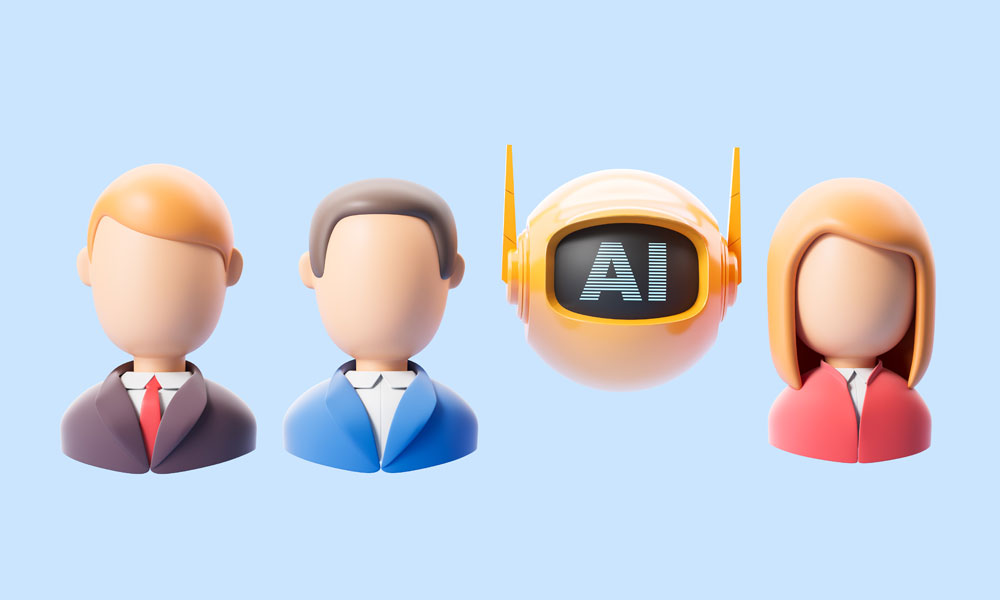If you look back at visions from the 1950s of how the year 2015 might look, perceptions were that meals would be in pill-form, we’d all be driving hover cars and living in glass-domed houses. While technology has now evolved, cars still have four wheels, we still eat our food with a knife and fork and houses still have the traditional form of the 1950s (indeed, many will have been built then, or even before, and are still standing).
What does this tell us? The cynic could say that the general public is not good at predicting the future (see also the quote misattributed to Henry Ford: If I had asked people what they wanted, they would have said faster horses.) However, what it also tells us is that while change does happens, this does not render the past obsolete with the two existing hand-in-hand.
I mention this in the context of market research having read this article from Green Book published earlier in the year about the future of the industry: [https://www.greenbook.org/mr/market-research-trends/10-predictions-about-the-future-of-the-market-research-industry-in-the-digital-age/]
While it rightly indicates that traditional agencies who refuse to change will go out of business, it also makes the bold statement that micro surveys and intercepts will eventually replace long monthly customer tracking studies. Unsurprisingly, one of the first replies to the article firmly dismisses this statement, because “…these little “cheap and cheerful” methodologies cannot be patched together to give meaningful insights. Maybe that’s why single source tracking studies are the methodology of professional choice.”
I would fully concur with this reply. Here at Gusto Research, we carry out several monthly tracking studies with financial institutions and they provide a vital barometer of consumer perceptions about the research area in question as well as providing valuable information, for example, to validate the impact of any changes made within a business. A micro survey has its place within the research cannon but cannot provide the regular and reliable benchmarks which emerge from a tracking study.
We conduct our tracking research using both online and telephone interviewing, and deal both with client-provided contacts and sample that we have sourced. Sample sizes range from 100 to over 2000 interviews per wave so we are well-placed to meet all research needs. Indeed, we have just been commissioned for a two year tracking programme by a major financial institution, so it would appear that the tolling of the death knell for the humble research tracker is rather premature.
Therefore, whether you are interested in a micro survey or a tracker, in focus groups or trade-off analysis, indeed whatever your research needs, get in touch and we will be happy to help.
Like this article? Follow us on LinkedIn.




